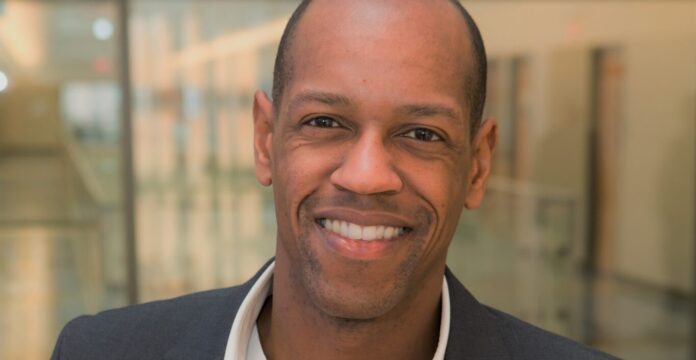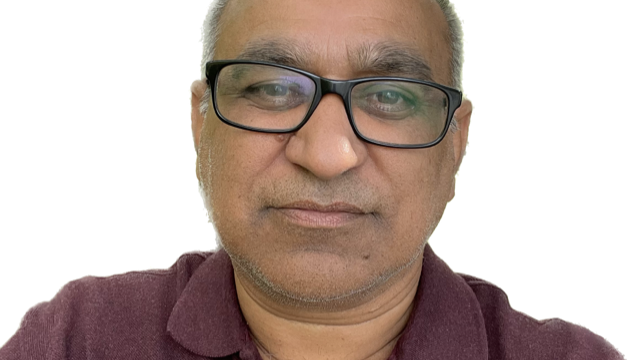This time, Pitch and Publish Café by InnoLab had invited Communications Director Hanna-Mari Soini from Wärtsilä, researcher Ville Pitkänen from e2 Research and journalist Erkka Railo from MustRead.fi to discuss the theme of expertise in the media. InnoLab Director Mari K. Niemi chaired the event. All panellists have extensive experience working with the media in varying roles.
What were their tips for academics and other experts wishing to gain more impact for their work by discussing and sharing it in the media?
Carita Eklund is a young economic researcher finalising her doctoral dissertation about design, innovations and cutting-edge firms.
Be short and clear
Practice delivering your main message in one sentence. Write that sentence and then expand from there.
Clarity is also important. Clarity demands that the text should discuss only one or two issues, no more than that. Simply put: ‘simplify, simplify and simplify’. Another tip is KISS—‘Keep It Simple and Smart’ or ‘Keep it Smart and Significant’.
Choose your audience
Think about your audience: are you targeting other researchers, journalists, politicians or everybody in the world? (Hint: The last one might be too broad.) Tailor your message accordingly. What is of interest to your audience? What matters to them?
Your message should be such that a person, who wants to understand it, can—regardless of their educational background.
Beat the competition: Choose the proper timing
One way to gain journalists’ attention is via social media. Yet, when you use it, timing matters a lot.
If the topic is under discussion in the media, your expertise on it has more demand and your blog is more likely to be read. Be active in sharing your work on different social media platforms, and don’t hesitate to tag people for whom your work might be useful.
Be active in making the contact
It is worth being active and creative when seeking journalists’ attention. One way of connecting is making the contact yourself. You can do it in a variety of ways, from making a phone call to reaching out on social media.
You could first build up momentum and credibility by writing a blog and then bring it to the attention of the people who report on that topic.
Be bold and apply your expertise
When contacted by a journalist, try to be as useful as you can. You do not need to know everything to be useful. As a young researcher, you might feel that your core expertise is not on the exact topic at hand. However, you certainly know more about your research topic than the journalist and most of your audience does.
Share what you know, give tips on who else to interview on the topic and, if needed, help the journalist formulate relevant questions.
Because journalists tend to work under strict deadlines, try to be quick in returning their calls and try to answer the question without giving a broad lecture on the topic (not always easy!).
Do not take it too seriously
We all want to do our best, but everything does not always go according to plan. All panellists agreed that no one will remember your mistakes the next day and that people are understanding toward young researchers.
The panellists’ experience is that with a sense of humour and persistence, anyone can handle making mistakes in public:
‘Do the most of your mistakes when you’re still a young academic.’
‘You can make more mistakes tomorrow.’
So, be brave and don’t be shy—and encourage your colleagues, regardless of their age.



